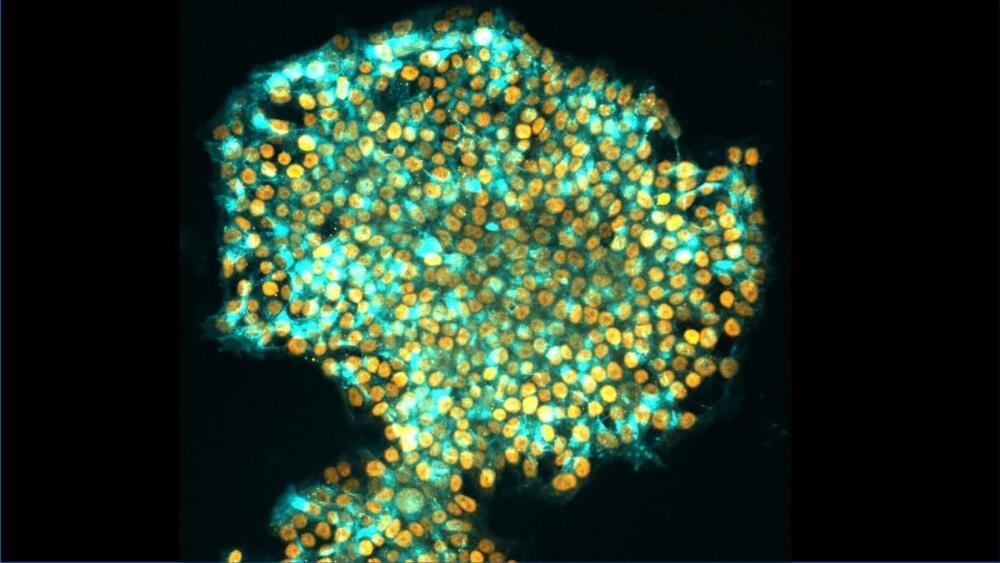In a groundbreaking study published today in Nature, Australian scientists have resolved a long-standing problem in regenerative medicine. Led by Professor Ryan Lister from the Harry Perkins Institute of Medical Research and The University of Western Australia and Professor Jose M Polo from Monash University and the University of Adelaide, the team developed a new method to reprogram human cells to better mimic embryonic stem cells, with significant implications for biomedical and therapeutic uses.
In a revolutionary advance in the mid-2000s, it was discovered that the non-reproductive adult cells of the body, called ‘somatic’ cells, could be artificially reprogrammed into a state that resembles embryonic stem (ES) cells which have the capacity to then generate any cell of the body.
The ability to artificially reprogram human somatic cells, such as skin cells, into these so-called induced pluripotent stem (iPS) cells provided a way to make an essentially unlimited supply of ES-like cells, with widespread applications in disease modelling, drug screening and cell-based therapies.
